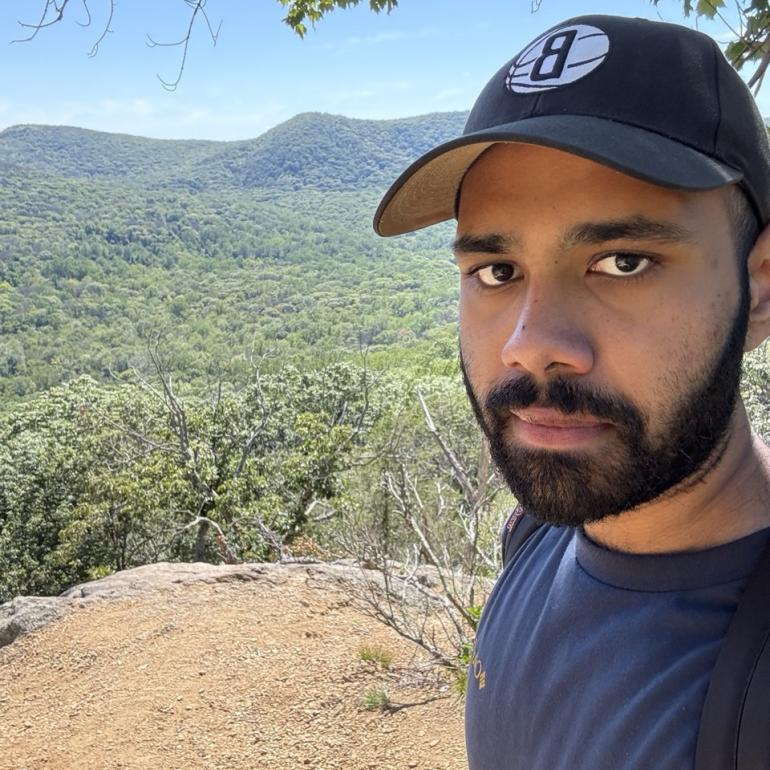
In the days following February 1, China described the coup as “a major cabinet reshuffle” and stayed quiet on the growing number of civilian deaths at the hands of the Tatmadaw.
The Chinese embassy did eventually speak out, but only in response to the arson of several Chinese-run factories in Yangon on March 14, urging authorities to take effective measures to stop violence and punish the perpetrators.
By then, twin oil and gas pipelines running from Rakhine state to the China border were already in the crosshairs of the pro-democracy movement. Yesterday, at about 5am, about 20 unidentified men attacked a police outpost guarding the pipelines in Mandalay Region’s Kyaukse Township, killing three police officers stationed there, according to multiple news outlets.
Reports say the officers were stabbed, with two managing to escape. A resident of the nearby village of Tawma told RFA Burmese he heard shots at 7am and that security forces later raided the village.
Whether the first attack of the pipelines caused any damage is unclear, but the incident could stir Beijing following its response to the previous destruction of some of its assets in Myanmar.
Beijing reportedly asked the Tatmadaw to assure the security of the pipelines, according to a document leaked in early March. The meeting came amid rising anti-Chinese sentiment across the country over rumours of China’s support for the coup.
The pipelines run nearly 800 kilometers (500 miles) from Made Island in Kyaukphyu Township, Rakhine State to Ruili, through Magwe and Mandalay regions and northern Shan State to the border of Yunnan province.
Two months ago, when several Chinese-run factories were burned in Hlaing Thar Yar, an industrial area in Yangon, China’s state-run Global Times asserted that protesters “incited by the West” were behind the attacks.
Chinese state-owned broadcaster CGTN said in a commentary around the time that “China won’t allow its interests to be exposed to further aggression.”
“If the authorities cannot deliver and the chaos continues to spread, China might be forced into taking more drastic action to protect its interests,” added CGTN.

